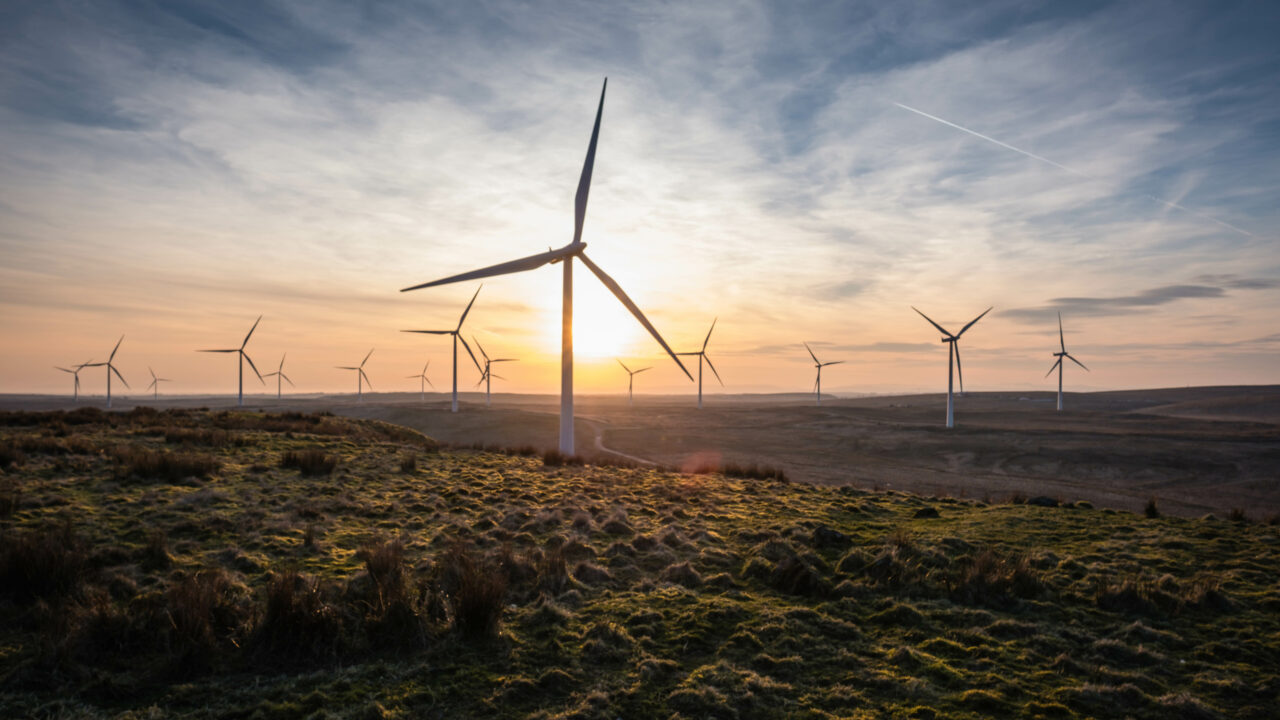Efficient influence: Energy initiatives for a geopolitical Europe
Initiatives to improve energy efficiency can reduce the EU’s dependence on Russian fossil fuels. They can also help increase the union’s influence in the global south
Russia’s brutal war on Ukraine has reignited the debate on Europe’s energy security. To begin the process of phasing out Russian fossil fuels, the European Commission has devised the REPowerEU initiative – while more detailed proposals should emerge by the end of May. Member state governments are also taking action on this issue.
Greater energy efficiency will be crucial to such efforts. The International Energy Agency (IEA) and the European Commission have outlined several ways to reduce energy use in the short term – such as building retrofits, the deployment of heat pumps, public awareness campaigns, and improvements in industrial processes. However, member states need to do far more in all these areas.
Although an ‘efficiency first’ principle is part of EU energy policy, there has been too little progress on this. Some member states have been reluctant to agree on ambitious standards. And, according to the European Commission, many of them have not done enough to integrate energy efficiency into their National Energy and Climate Plans. This needs to change.
Europeans should be more efficient in their use of resources in a wider sense, which could significantly reduce carbon emissions. There are several ways in which the European Union can support this. For example, it can prioritise the adoption of the sustainable products initiative, as well as finance new solutions through the Innovation Fund. To move away from the ‘take-make-waste’ model, the EU will need to better integrate aspects of a circular economy into its energy and climate policy. This will require greater cooperation between decision-makers working on environment, climate, and energy issues.
Energy and resource efficiency should also become a higher priority in the EU’s external relations.
In many parts of the global south, the negative effects of rising energy and food prices combine with humanitarian and debt crises sparked by the pandemic. The EU and its member states need to do more to help manage the situation – out of solidarity, but also to gain geopolitical strength in a world divided by Russia’s war on Ukraine, and to account for the long-standing competition for influence with China in many low-income countries.
Unless it develops clear plans to build alliances with countries in the global south, the EU will struggle to promote its international climate agenda. This could also exacerbate disputes over the external effects of the European Green Deal, such as the negative reactions from many low- and middle-income countries to the proposed carbon border adjustment mechanism.
The Commission will likely release its International Energy Strategy by the end of May. The strategy will, inter alia, address concerns about energy security, climate change, and the affordability of energy in low-income countries. It should build on EU foreign ministers’ conclusions on climate and energy diplomacy – which mentioned efficiency. So far, this issue has not been prominent enough compared to the transition to renewable energy sources, which has been prioritised.
So, what more can the EU do?
Energy and resource efficiency should become a higher priority in the EU’s external relations
The most vulnerable countries require urgent help to secure new supplies of energy – and food. Therefore, the EU and its member states should rapidly allocate additional funding to those countries. Member states should also channel more of the International Monetary Fund’s special drawing rights to countries that have been hit especially hard by both the pandemic and the current food and energy crisis. Such funding can produce the kind of quick results the IEA and others have advocated.
Programmes under the Neighbourhood, Development, and International Cooperation Instrument – Global Europe should also give a higher priority to energy and resource efficiency. This would involve capacity-building both in partner countries and within European institutions.
Another promising area is innovation cooperation with partner countries. There are many ways in which the EU could engage in such efforts. For example, it could create a co-innovation and tech diffusion fund.
So far, efficiency measures have attracted less interest than innovation on the production side, but they are equally – if not more – important. International cooperation efforts should reflect this. The digitalisation process and the development of artificial intelligence have significant potential in this regard.
European states are now rushing to increase their imports of liquefied natural gas. They could combine agreements on this with cooperation on the green transition, including through energy efficiency.
Given the EU’s regulatory clout, it should promote efficiency standards globally. By setting ambitious requirements for products, the EU can capitalise on the “Brussels effect” to set a precedent for other parts of the world. For instance, the plan to develop the union’s eco-design directive is a welcome feature of the sustainable products initiative. For inspiration, the EU can look to Japan, which implemented efficiency standards after the 1970s oil crises that still have significant global influence today – in areas such as efficient air conditioning.
The EU and its member states should also increase their support for related multilateral initiatives, including through the IEA, the UN Environment Programme, and the UNIDO industrial energy efficiency programme.
Of course, none of this negates the importance of other elements of the green transition, such as the promotion of renewable energy. And broader efforts at climate adaptation and mitigation are urgently needed. Indeed, it would be a colossal mistake to scale down climate financing and official development aid in general. Climate change still threatens to create a global catastrophe.
As improved efficiency is fundamental to the EU’s energy security, the union should urgently take stronger action to promote this – both in Europe and the global south.
The European Council on Foreign Relations does not take collective positions. ECFR publications only represent the views of their individual authors.



